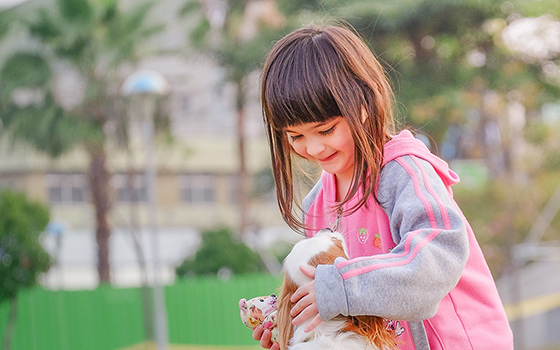Search
Showing results for "Au"
Research
Defining Age-specific Relationships of Respiratory Syncytial Virus and Rhinovirus Species in Hospitalized Children With Acute WheezeAcute wheezing is one of the most common hospital presentations for young children. Respiratory syncytial virus (RSV) and rhinovirus (RV) species A, B and the more recently described species C are implicated in the majority of these presentations. However, the relative importance and age-specificities of these viruses have not been defined.
Research
The prevalence of soil transmitted helminth infections in minority indigenous populations of south-east asia and the western pacific region: A systematic review and meta-analysisBy mapping land use under projections of socio-economic change, ecological changes can be predicted to inform conservation decision-making. We present a land use model that enables the fine-scale mapping of land use change under future scenarios.
Research
Making a Killer: Selecting the Optimal Natural Killer Cells for Improved ImmunotherapiesOver the past 20 years natural killer (NK) cell-based immunotherapies have emerged as a safe and effective treatment option for patients with relapsed or refractory leukemia. Unlike T cell-based therapies, NK cells harbor an innate capacity to eliminate malignant cells without prior sensitization and can be adoptively transferred between individuals without the need for extensive HLA matching.
Research
The misnomer of ‘high functioning autism’: Intelligence is an imprecise predictor of functional abilities at diagnosisWe argue that 'high functioning autism' is an inaccurate clinical descriptor when based solely on intelligence quotient demarcations
Research
Improving Vaccine-Induced Immunity: Can Baseline Predict Outcome?Baseline signatures might contribute to identifying interventional targets to be modulated prior to vaccination in order to improve vaccination responses

Our Child Physical Activity, Health and Development team focuses on improving children’s physical activity levels, health and development. We work to uncover the best environments, policies and programs to facilitate physically active lifestyles for lifelong health and wellbeing.
Your help could be crucial to our respiratory research
The role will include breeding and husbandry of experimental rodents. There will be some weekend work and administration related tasks.
New position based in Broome to assist in the conduct of research activities relating to a clinical trial

